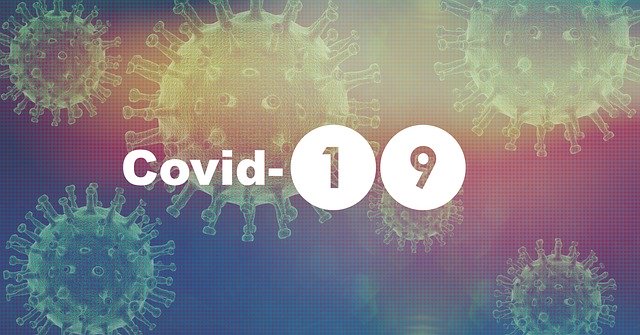This article originally appeared on the NHCOA blog.

Action is needed to help people of color to receive the care we need if we have COVID-19. Too many reports say that we are dying at disproportionately higher rates.
We know that structural inequality, bias, and racism did not disappear overnight. We cannot merely demand the collection of data. This is not enough.
While collecting data from us in the community, we need help if we fall sick. We need to know if we need to seek medical attention. And, public health officials in our communities need information on emerging hotspots rapidly, not one year from now.
How do we do this? As many people of color as possible all over the country can join a novel, interactive COVID-19 symptom monitoring program — run by a major institution with high quality research. I am participating in the study.
Please find a COVID-19 symptom monitoring program by clicking here: Homepage | PRN.
I am asking that you share this message with your networks of family, friends, and professional contacts.
I was a daughter caregiver for many years so I have first hand experience with how hard it can be to navigate our healthcare system and have worked in healthcare policy for many years. I previously collaborated with one of the researchers, a physician at Duke, Mark Sendak, MD, MPP, where we focused on increasing access to health care. I have had the opportunity to discuss this monitoring with Dr. Sendak.
I am alarmed by the reports that Latinos as well as African Americans and Native Americans are dying at disproportionately higher rates of COVID-19. And, the reports are likely an undercount.
We need community generated data from us that can be acted on. Right now.
The research team is not simply collecting data. But, during this data collection, if I report severe symptoms, I understand that the study team will call me to discuss if I’m getting the care I need. The protocols in the study were developed by national experts. I believe that this program is a way to help me as well as my community.
How? It is believed by the researchers that it’s the first program in the country that offers telephone follow up for all individuals who report severe symptoms or become unresponsive. Individuals in our community may be dealing with symptoms at home for 10 days or more before needing intensive care and help breathing with a machine. This means that many of us may need help and medical care while we try to manage our symptoms. The study already has participants in over 20 states and they are looking to reach people who need immediate help.
They are collecting information on race, ethnicity, and gender which are important to identify emerging outbreaks in underserved communities that would not otherwise be captured in traditional healthcare encounters because of barriers to access.
Joining this study and helping our friends and families to do so as well is a way that we Latinos, African Americans, and Native Americans can take concrete steps to help each other. The investigators will be able to identify the emergence and impact of COVID-19 early and quickly to individual participants and to better inform where resources are needed by public health officials.
There’s no geographic or age restrictions.
- You can participate with or without symptoms and do not need to have COVID-19 testing to participate.
- They are trying to reach essential service employees, health care workers, and everyone who leaves the safety of their home to work.
One of the principal researchers has tweeted a thread about why it’s important and different than many other programs launched in recent weeks: https://twitter.com/MarkSendak/status/1258391067411599366.
The initial online enrollment takes about ten minutes. And, then you can be contacted via text or email daily.
The clinical trial registration: https://clinicaltrials.gov/ct2/show/NCT04320862
If you have questions, please contact CovidWatch@duke.edu
This is something I can do as an individual immediately and so can you. I do not want to wait for a final count where we evaluate what we could have or should have done.
Sylvia Trujillo
Vancouver, Washington
The opinions expressed in this article are those of the author and do not necessarily reflect those of the Diverse Elders Coalition.
